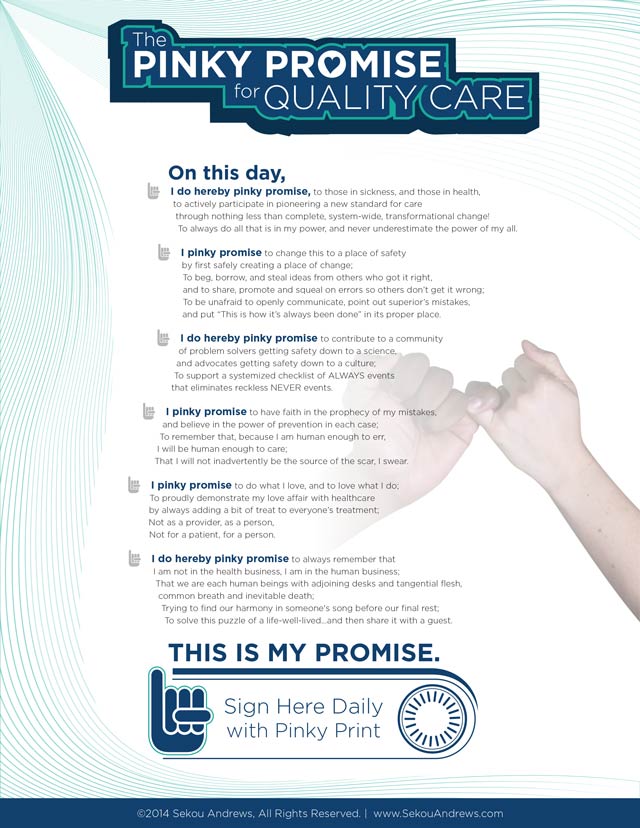
**Individuals Who Consider Their Views as Superior to Others Often Overestimate Their Knowledge and Shun Learning Chances**
In our daily experiences, many of us have met people who firmly assert that their opinions are the ultimate authority on a specific subject—opinions so absolute that they regard differing viewpoints as categorically incorrect. Perhaps, in some instances, we ourselves fit that description. This occurrence, referred to as **“belief superiority,”** encompasses not only the notion of believing oneself to be right but also includes the firm belief that others are, without a doubt, wrong.
A recent investigation conducted by **Michael Hall and Kaitlin Raimi** and published in the *Journal of Experimental Social Psychology* sheds light on the deeper consequences of belief superiority regarding knowledge and learning. Their results build on established psychological theories, offering an additional layer to our understanding of overconfidence.
### Linking Belief Superiority to the Dunning-Kruger Effect
The **Dunning-Kruger Effect**—a recognized psychological concept—indicates that individuals with lesser competence in a particular area are more prone to overrating their capabilities than those with greater competence, who often undervalue themselves. This cognitive bias has become a cornerstone in the study of human overconfidence in recent times.
However, Hall and Raimi’s research goes beyond this idea. It proposes that overconfidence doesn’t solely stem from a lack of knowledge. The authors claim that belief superiority—the unwavering belief that your viewpoint is not just correct but also fundamentally superior to that of others—intensifies the inclination to overrate one’s own relevant knowledge. Moreover, those with belief superiority are less inclined to acknowledge their own knowledge gaps and tend to avoid opportunities for further learning. This reinterpretation of the Dunning-Kruger Effect provides deep insights with practical repercussions in various fields, from politics to professional environments.
### Investigating Belief Superiority in Real-Life Scenarios
Hall and Raimi explored this phenomenon through a series of experiments, seeking to address a key inquiry: Are individuals exhibiting belief superiority genuinely better informed in the fields they deem themselves experts? The outcomes are unexpected yet not wholly surprising. The researchers noted a significant gap between perceived expertise and actual knowledge. In other words, people with belief superiority frequently overvalued their proficiency on a topic, showing that their confidence was not aligned with factual comprehension.
This misalignment led to another effect: when given the opportunity to gain more knowledge or reconsider their opinions, individuals with belief superiority were often the least likely to do so. Their reluctance to engage with new information—especially if it contradicted their views—arises from a strong belief that their current opinions are beyond reproach, making alternative viewpoints seem unnecessary or even threatening.
### The Significance of Belief Superiority
Hall and Raimi’s results highlight a critical psychological insight: belief superiority not only influences personal interactions but actively obstructs the learning process. When individuals resist new insights or avoid questioning their own beliefs, they risk intellectual stagnation. Furthermore, this attitude can stifle constructive conversation, particularly in areas like political discussions, scientific debates, or personal choices.
For instance, consider someone who is unwavering in their belief that their viewpoint on climate change policy is the only legitimate perspective. Even if this person possesses a decent level of knowledge, their rigid conviction that opposing views are flawed may restrict their openness to adapt to new findings, explore compromises, or engage with differing opinions. This inclination can be intensified in today’s environment of “echo chambers” fueled by algorithmic filtering on social media platforms, which bolsters existing beliefs and insulates individuals from contrary opinions.
### The Wider Ramifications of Overestimating Knowledge
The connection between belief superiority and the tendency to overvalue one’s knowledge serves as a warning about self-awareness. While confidence is not intrinsically negative, unchecked confidence—particularly when it lacks a basis in genuine expertise—can result in outcomes ranging from personal embarrassment to societal conflict.
In areas like public health, the stakes are particularly high. Throughout the COVID-19 pandemic, many demonstrated unshakeable belief superiority on issues such as vaccines or mask mandates, often founded on misinformation. This misplaced overconfidence fueled resistance to expert guidance, eroded trust in institutions, and, in some instances, posed risks to public safety.
The study also emphasizes an educational consideration: it’s insufficient to merely offer accurate information to counter misconceptions or biases. When belief superiority is involved, attempts to educate or persuade may be met with defensiveness or outright rejection. Recognizing this dynamic is essential for leaders, educators, and communicators who seek to create a more informed and less polarized society.
### Fostering Intellectual Humility
So, what steps can we take to mitigate belief superiority? The key lies in nurturing **intellectual humility**—the acknowledgment that our understanding is fundamentally limited and that there is value in paying attention to others and expanding our knowledge. Intellectual humility does not equate to abandoning confidence or conviction; rather, it involves being receptive to the idea that we might not possess all the answers.